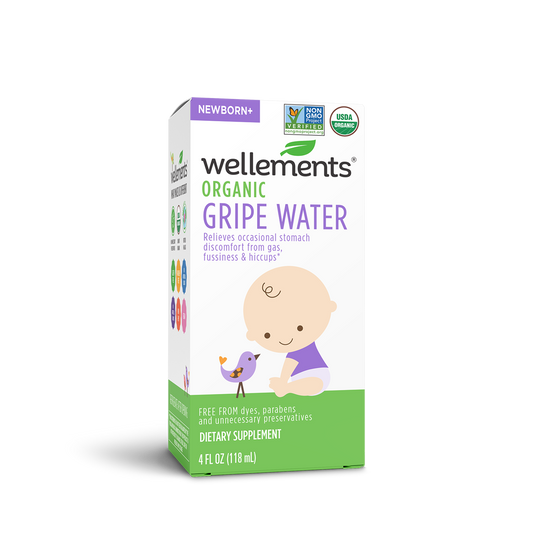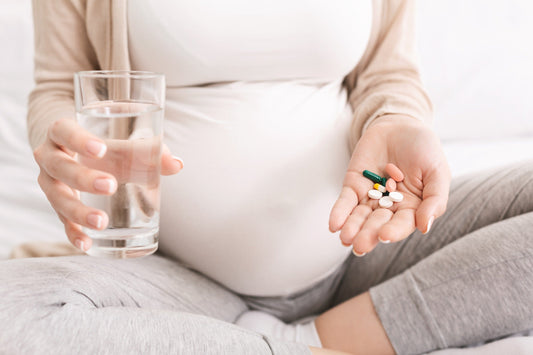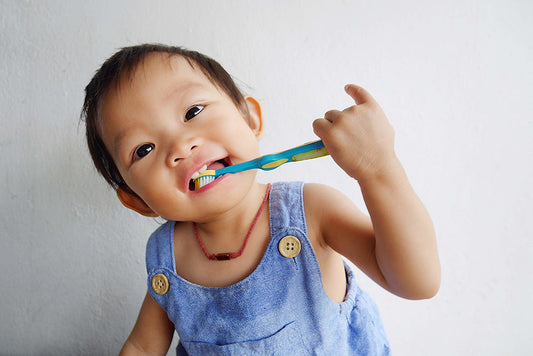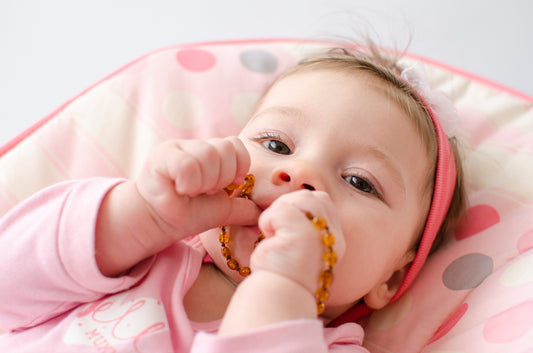Breastfeeding, Bottle-Feeding & Hiccups: What You Need to Know
| updated:Share
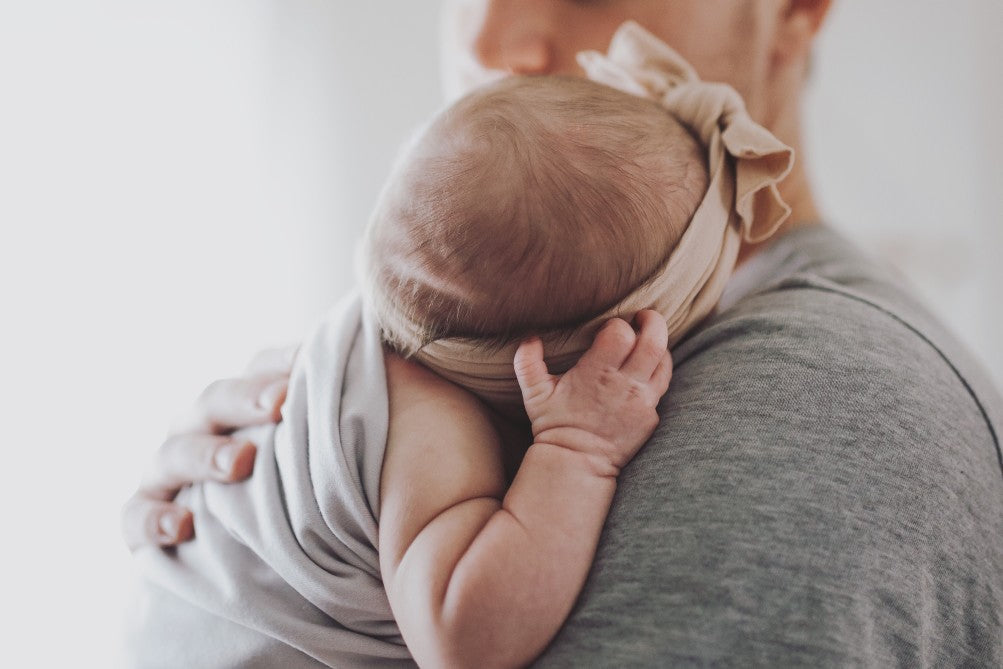
For babies and adults alike, hiccups are completely normal. As a new parent, it is understandable to worry about every little move or sound your baby makes, especially because you’re new to all of this and just want to make sure your little one is safe and comfortable.
So what exactly is a hiccup? A hiccup is a natural body response to agitation in the diaphragm muscle. Essentially, the diaphragm becomes agitated because of gas or too much air in the belly, and the agitation causes the vocal cords to snap closed, making the hiccup noise.
Can Overfeeding Cause Hiccups?
Yes! Overfeeding typically applies to bottle-fed babies, since babies are more likely to show satisfaction while breastfeeding. That being said, hiccups can occur because of overfeeding, which can result in gas or upset stomach.
Can The Intake of Too Much Air Cause Hiccups?
When a baby is feeding, whether from breast or bottle, they can take in too much air. If breastfed, the air intake can come from the way the baby is positioned or the baby’s latch. If bottle-fed, the air can come from the hole in the nipple not being large enough, forcing the baby to suck harder for food and swallow air.
Are Hiccups a Sign of Colic?
Most instances of hiccups are not a sign of colic. Hiccups are common from childhood through adulthood and as annoying as we find hiccups to be as grownups, they are not nearly as bothersome to babies. In fact, even babies within the womb have hiccups. Thinking back to your pregnancy, did you ever feel tiny, rhythmic jolts in your belly? If so, then your baby likely had the hiccups.
While hiccups rarely lead to more severe issues, the persistence of hiccups can suggest an underlying problem. If your child seems to constantly get hiccups, then it could be a sign of colic. Colic can cause spitting up and reflux, which can lead to continuous hiccups. We always recommend talking to your healthcare provider if you have any concerns about your child’s hiccups. Always go with your mama gut!
4.4 /
5.0
(64)
64
total reviews
Gripe Water
Sale price
$12.49
Preventing Hiccups While Breastfeeding
The key to preventing hiccups while breastfeeding is to help pace the baby so they don’t gulp down too much air. Babies do not know enough about their bodies to understand limitations. It is also essential that your baby has a secure latch. Their lips should make complete contact with your breast, covering the areola. If there is any gap between their lips and the nipple, air can get into their stomach, which can lead to discomfort and hiccups.
An excellent way to ensure that your baby is not taking in too much too quickly is to have breaks to burp your baby. Taking frequent breaks help avoid upset tummies and burping helps relieve gas pressure in their stomachs.
Tips for Preventing Hiccups While Bottle-Feeding
As with breastfeeding, preventing hiccups during bottle-feeding involves breaks, burping and a secure latch. However, if you want to go a step further, you can focus on preparation before feeding and what you do after feeding. Before you feed your baby, make sure they are calm and relaxed. If your baby is all worked up, they can get hiccups before the feeding even starts, which is why it’s important to help calm them down before giving them their bottle.
Over-excitement can lead to hiccups so after feeding your baby, you will want to avoid any high-energy activities, like bouncing your baby up and down, tickling them or playing other games. You should try to sit calmly with your baby after they eat, keeping them in an upright position for a minimum of 20 to 30 minutes. This will allow time for your baby’s stomach to settle, which can reduce the risk of gas and reflux.
Hiccups are a common issue in newborns, and while some bouts of hiccups can signal colic or other digestive problems, more often than not, a hiccup is only a hiccup. However, if you have questions or concerns about your baby’s frequent hiccups, then you should always contact your child’s pediatrician for help.
